
The Marginalian has a free Sunday digest of the week's most mind-broadening and heart-lifting reflections spanning art, science, poetry, philosophy, and other tendrils of our search for truth, beauty, meaning, and creative vitality. Here's an example. Like? Claim yours:
Also: Because The Marginalian is well into its second decade and because I write primarily about ideas of timeless nourishment, each Wednesday I dive into the archive and resurface from among the thousands of essays one worth resavoring. Subscribe to this free midweek pick-me-up for heart, mind, and spirit below — it is separate from the standard Sunday digest of new pieces:






 Love and How to Live with the Fundamental Fear of Loss" width="320" height="168" />
Love and How to Live with the Fundamental Fear of Loss" width="320" height="168" />



















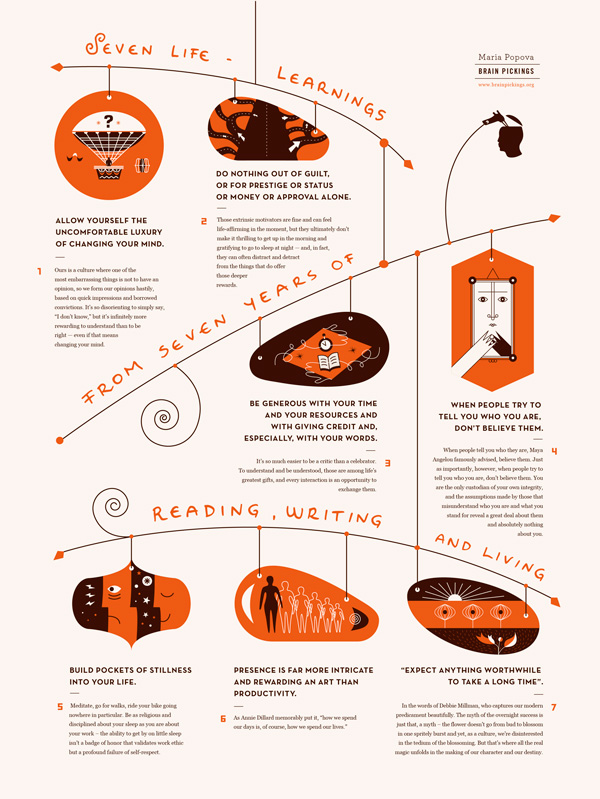
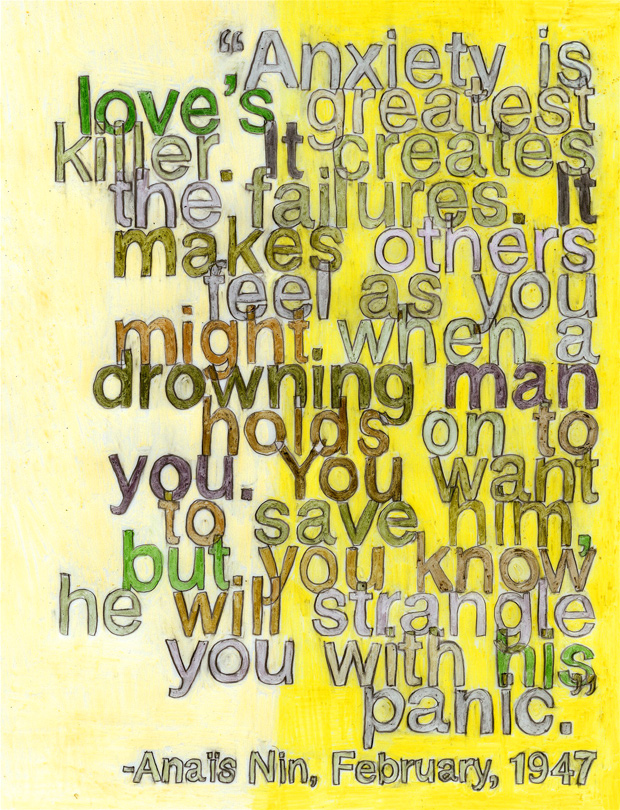
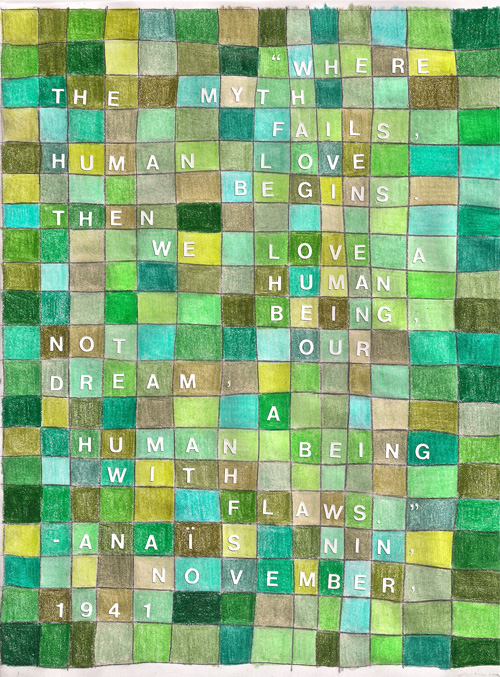
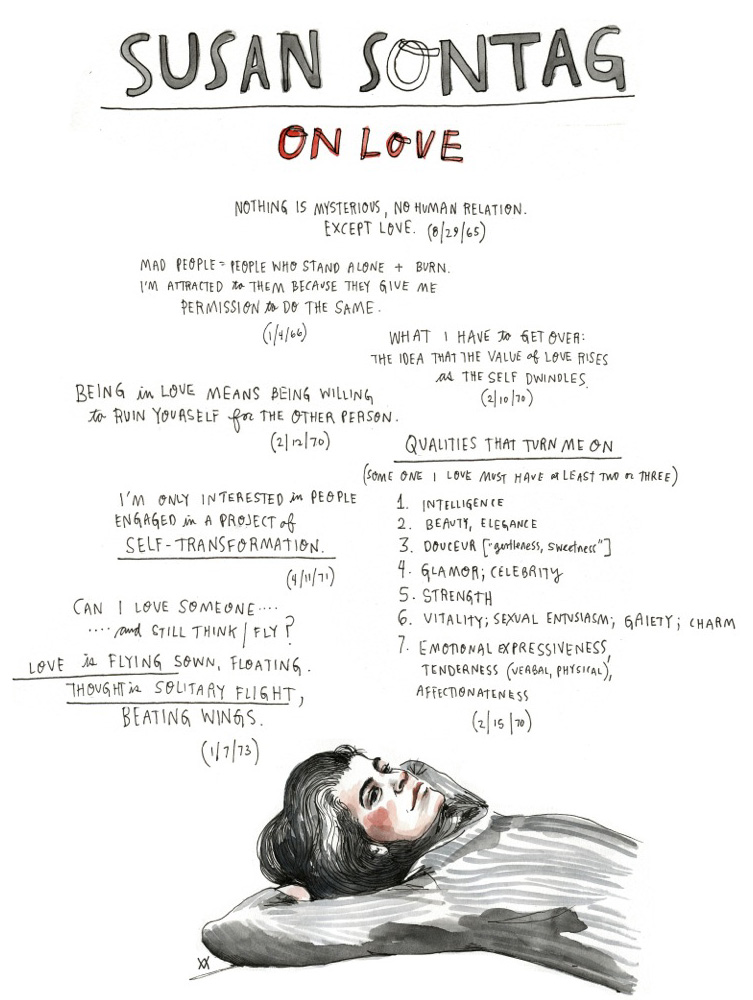
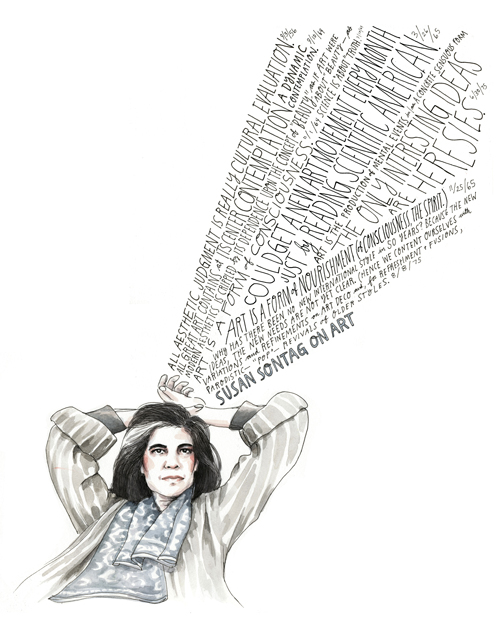
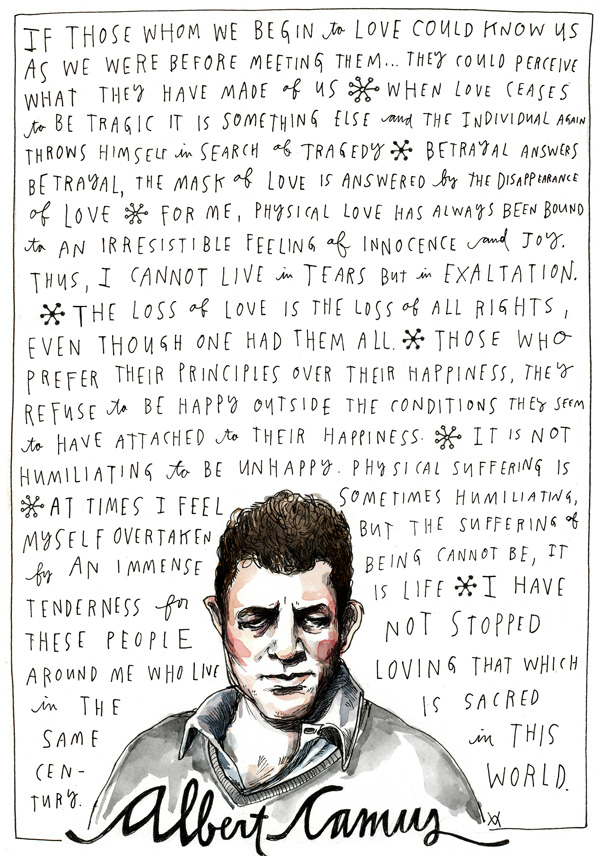
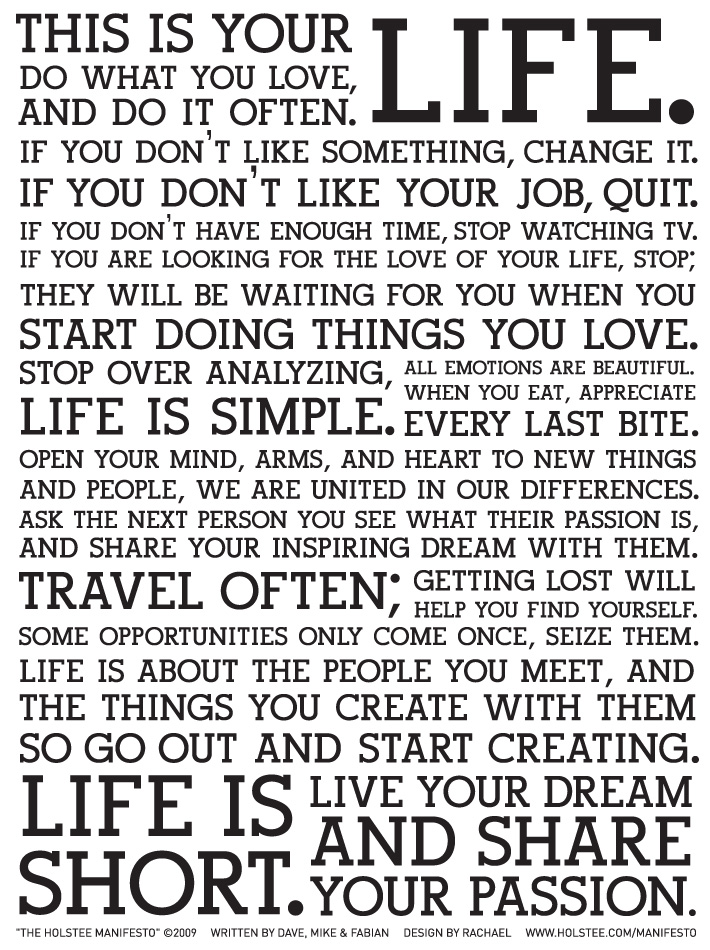
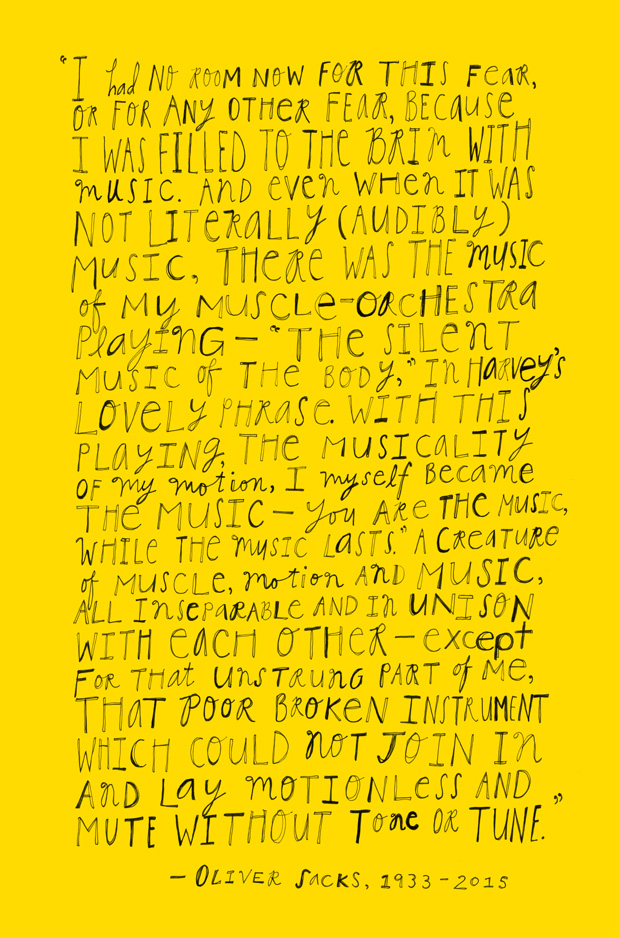

I continue to consider the French writer, philosopher, and political activist, Simone Weil (February 3, 1909–August 24, 1943) the closest thing we have to a modern saint — a woman both exemplary of extraordinary moral courage in her actions and capable of articulating that ethos in words of luminous lucidity and grace.
In 1942, just before she was admitted into the hospital where she would die of tuberculosis a year later, 33-year-old Weil began writing The Need for Roots: Prelude to a Declaration of Duties Toward Mankind — a gripping three-part manifesto reaching for the eternal light of the human spirit from the depths of darkness in the midst of WWII. Its posthumous publication in 1949 galvanized a generation of thinkers and writers around the world, influencing the philosophy of luminaries like Sartre and Camus, the latter proclaiming her “the only great spirit of our times.”
The first part, titled The Needs of the Soul and included in the indispensable Simone Weil: An Anthology (public library), examines the crucial difference between our rights and our obligations — insight all the timelier today, as we grapple with increasingly complex issues of social responsibility and human rights.

The notion of obligations comes before that of rights, which is subordinate and relative to the former. A right is not effectual by itself, but only in relation to the obligation to which it corresponds, the effective exercise of a right springing not from the individual who possesses it, but from other men who consider themselves as being under a certain obligation towards him. Recognition of an obligation makes it effectual. An obligation which goes unrecognized by anybody loses none of the full force of its existence. A right which goes unrecognized by anybody is not worth very much.
It makes nonsense to say that men have, on the one hand, rights, and on the other hand, obligations. Such words only express differences in point of view. The actual relationship between the two is as between object and subject. A man, considered in isolation, only has duties, amongst which are certain duties towards himself. Other men, seen from his point of view, only have rights. He, in his turn, has rights, when seen from the point of view of other men, who recognize that they have obligations towards him. A man left alone in the universe would have no rights whatever, but he would have obligations.
In a sentiment that calls to mind Einstein’s beautiful letter to the Queen of Belgium, in which he contemplated the existence of “something eternal that lies beyond the hand of fate and of all human delusions,” Weil adds:
The notion of rights, being of an objective order, is inseparable from the notions of existence and reality. [The obligation] always involves to a certain extent the taking into account of actual given states and particular situations. Rights are always found to be related to certain conditions. Obligations alone remain independent of conditions. They belong to a realm situated above all conditions, because it is situated above this world.
[…]
The realm of what is eternal, universal, unconditioned is other than the one conditioned by facts, and different ideas hold sway there, ones which are related to the most secret recesses of the human soul.
Weil argues that this higher-order universality, which transcends the specifics of situations, is at the heart of the difference between our rights and our obligations:
All human beings are bound by identical obligations, although these are performed in different ways according to particular circumstances. No human being, whoever he may be, under whatever circumstances, can escape them without being guilty of crime; save where there are two genuine obligations which are in fact incompatible, and a man is forced to sacrifice one of them.
A proper democracy, Weil suggests, minimizes the instances in which we are forced to choose between conflicting obligations and, in doing so, maximizes our rights. She delves deeper into the essence of obligation as a mechanism for conferring dignity upon human existence:
The object of any obligation, in the realm of human affairs, is always the human being as such. There exists an obligation towards every human being for the sole reason that he or she is a human being, without any other condition requiring to be filled, and even without any recognition of such obligation on the part of the individual concerned.
Such obligation, Weil notes, isn’t based upon the factual circumstances of a situation, nor upon any convention, “for all conventions are liable to be modified accordingly to the wishes of the contracting parties.” Rather, it is eternal and unconditional, based upon a duty to the very humanity of the human being — our sole possession of eternity. In a sense, what Weil is describing is the notion of the Golden Rule, found in every major religious tradition and every strand of moral philosophy. She writes:
This obligation has no foundation, but only a verification in the common consent accorded by the universal conscience. It finds expression in some of the oldest written texts which have come down to us. It is recognized by everybody without exception in every single case where it is not attacked as a result of interest or passion. And it is in relation to it that we measure our progress.
And yet she cautions that since the eternal destiny of the human being isn’t susceptible to external actions, it can’t be a motive of any obligation itself. Instead, it serves as an invitation to recognize the only thing we owe one another:
The fact that a human being possesses an eternal destiny imposes only one obligation: respect. The obligation is only performed if the respect is effectively expressed in a real, not a fictitious, way; and this can only be done through the medium of Man’s earthly needs.
[…]
It is an eternal obligation towards the human being not to let him suffer from hunger when one has the chance of coming to his assistance. This obligation being the most obvious of all, it can serve as a model on which to draw up the list of eternal duties towards each human being.

Out of this model Weil extracts a number of analogous obligations, some pertaining to the needs of the body, such as shelter, hygiene, and protection from violence, and others more elusive and difficult to discern, pertaining to the needs of the soul. Two decades after Rilke lamented the artificial divide between the body and the soul, Weil asserts that both classes of needs are equally essential to our flourishing and a centerpiece of what makes communities valuable:
Obligations, whether unconditional or relative, eternal or changing, direct or indirect with regard to human affairs, all stem, without exception, from the vital needs of the human being. Those which do not directly concern this, that or the other specific human being all exist to serve requirements which, with respect to Man, play a role analogous to food.
[…]
We owe our respect to a collectivity, of whatever kind — country, family or any other — not for itself, but because it is food for a certain number of human souls.
But our needs for sustenance of body and soul, Weil admonishes, are not to be mistaken for our wants:
The first thing to be investigated is what are those needs which are for the life of the soul what the needs in the way of food, sleep and warmth are for the life of the body… They must never be confused with desires, whims, fancies and vices. We must also distinguish between what is fundamental and what is fortuitous. Man requires, not rice or potatoes, but food; not wood or coal, but heating. In the same way, for the needs of the soul, we must recognize the different, but equivalent, sorts of satisfaction which cater for the same requirements. We must also distinguish between the soul’s foods and poisons which, for a time, can give the impression of occupying the place of the former.
[…]
The first characteristic which distinguishes needs from desires, fancies or vices, and foods from gluttonous repasts or poisons, is that needs are limited, in exactly the same way as are the foods corresponding to them. A miser never has enough gold, but the time comes when any man provided with an unlimited supply of bread finds he has had enough. Food brings satiety. The same applies to the soul’s foods.
The second characteristic, closely connected with the first, is that needs are arranged in antithetical pairs and have to combine together to form a balance. Man requires food, but also an interval between his meals; he requires warmth and coolness, rest and exercise. Likewise in the case of the soul’s needs.
What is called the golden mean actually consists in satisfying neither the one nor the other of two contrary needs. It is a caricature of the genuinely balanced state in which contrary needs are each fully satisfied in turn.
Chief among these elemental needs, Weil argues, is order. In a sentiment which Umberto Eco would come to echo many decades later in asserting that the chief goal of culture is “to make infinity comprehensible,” Weil writes:
The first of the soul’s needs, the one which touches most nearly its eternal destiny, is order; that is to say, a texture of social relationships such that no one is compelled to violate imperative obligations in order to carry out other ones.

We have every day before us the example of a universe in which an infinite number of independent mechanical actions concur so as to produce an order that, in the midst of variations, remains fixed. Furthermore, we love the beauty of the world, because we sense behind it the presence of something akin to that wisdom we should like to possess to slake our thirst for good.
[…]
A consciousness of the various obligations always proceeds from a desire for good which is unique, unchanging and identical with itself for every man, from the cradle to the grave.
Echoing Emerson’s ideas of beauty, Weil argues that the soul’s longing for order as a conduit to the good is also why great works of art enchant us and ugly acts of violence repel us:
The contemplation of veritable works of art, and much more still that of the beauty of the world, and again much more that of the unrealized good to which we aspire, can sustain us in our efforts to think continually about that human order which should be the subject uppermost in our minds.
The great instigators of violence have encouraged themselves with the thought of how blind, mechanical force is sovereign throughout the whole universe.
By looking at the world with keener senses than theirs, we shall find a more powerful encouragement in the thought of how these innumerable blind forces are limited, made to balance one against the other, brought to form a united whole by something which we do not understand, but which we call beauty.
In the remainder of the immeasurably insightful The Need for Roots, Weil goes on to examine how the other essential needs of the human soul — including positive ones like liberty, equality, and freedom of opinion, and paradoxical ones like risk and punishment — conspire in shaping our rights and our obligations.
Every month, I spend hundreds of hours and thousands of dollars keeping The Marginalian going. For seventeen years, it has remained free and ad-free and alive thanks to patronage from readers. I have no staff, no interns, not even an assistant — a thoroughly one-woman labor of love that is also my life and my livelihood. If this labor makes your own life more livable in any way, please consider aiding its sustenance with a one-time or loyal donation. Your support makes all the difference.